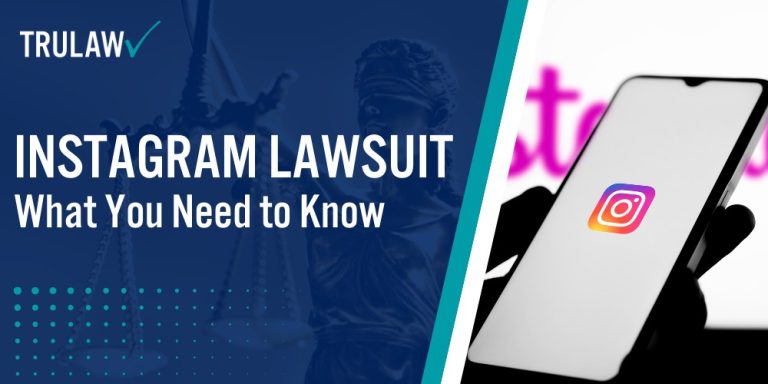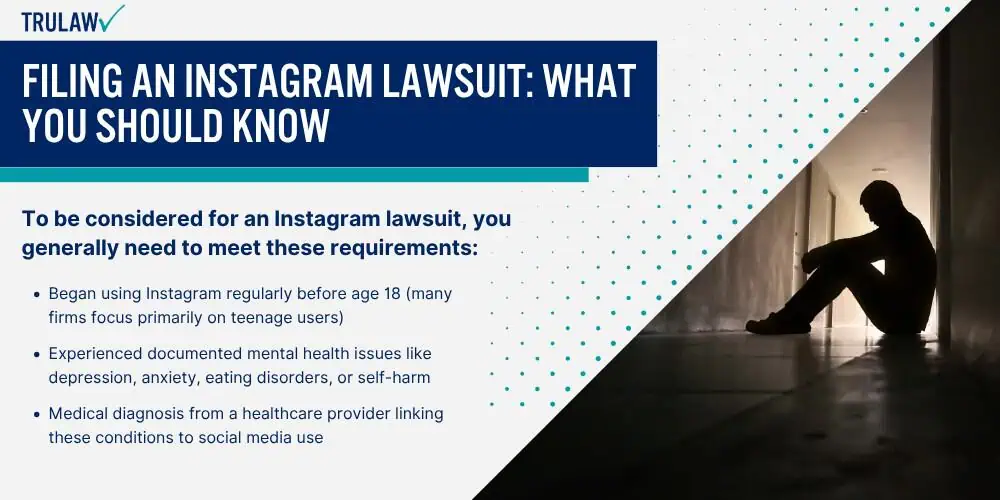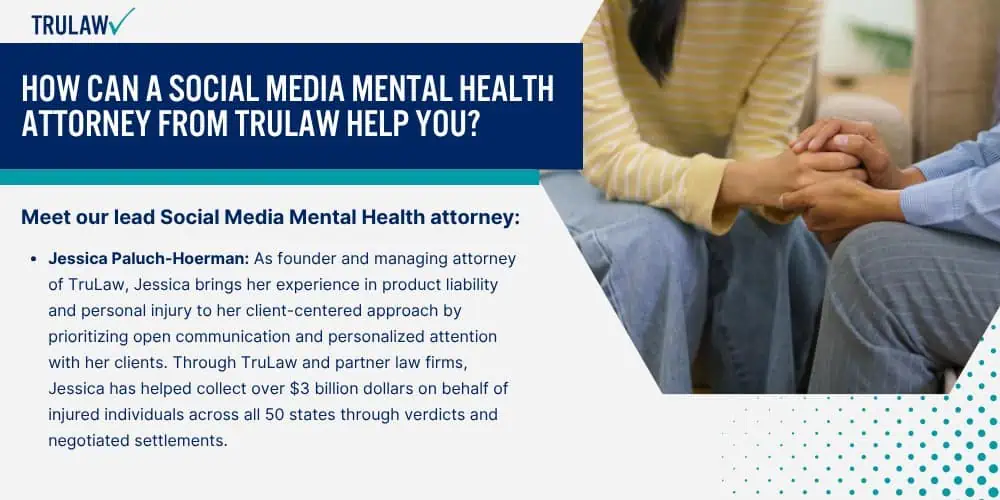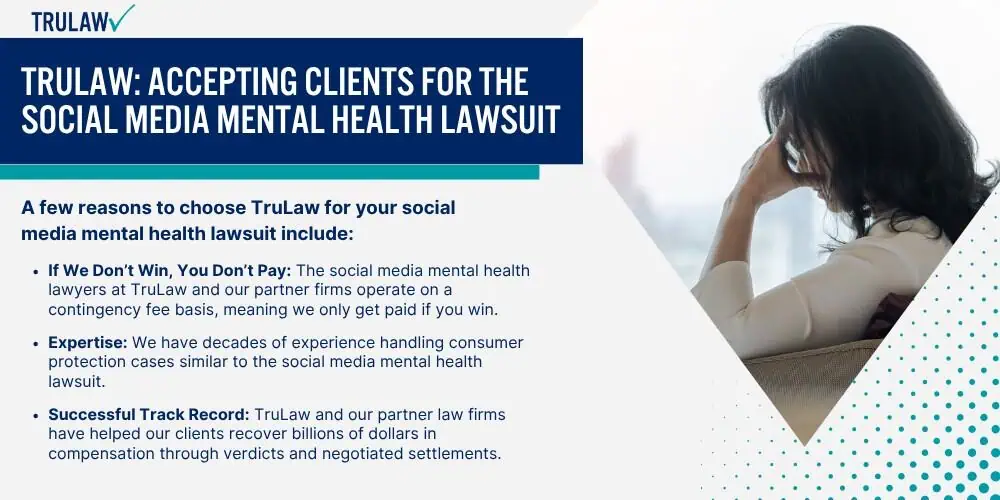Recent lawsuits against Meta, the parent company of Instagram, have highlighted the possible legal responsibility the company bears for mental health problems experienced by users.
These legal actions, consolidated under Multi-District Litigation (MDL 3047), claim that Instagram’s design and algorithms purposely foster addictive behaviors that can harm users’ mental well-being.
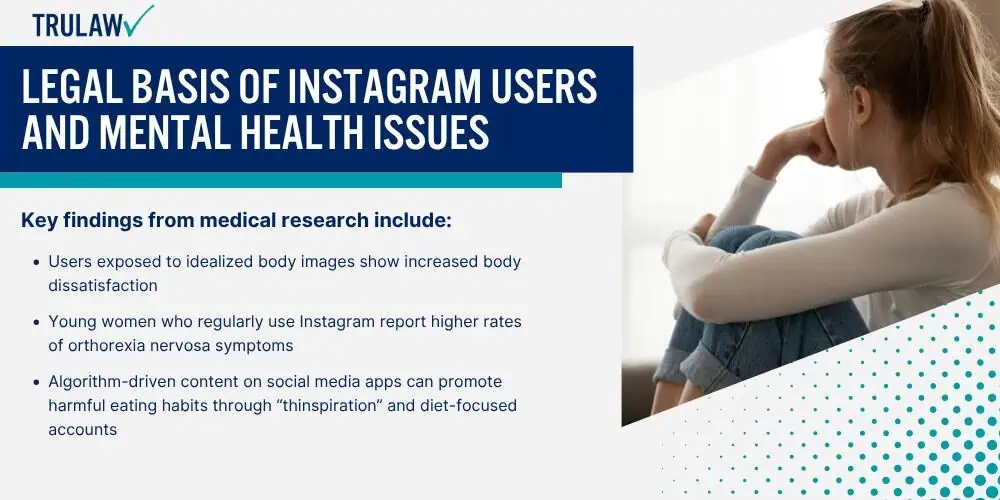
Courts have allowed several key allegations to move forward, including claims of unfairness, deception, and profit prioritization over user safety across multiple social media platforms.
Connections Between Instagram and Eating Disorders
Research published in medical journals shows meaningful links between Instagram use and eating disorder symptoms.
Studies examining these connections have found that heavy Instagram users face higher risks of developing problematic eating behaviors and body image issues.
Key findings from medical research include:
- Users exposed to idealized body images show increased body dissatisfaction
- Young women who regularly use Instagram report higher rates of orthorexia nervosa symptoms
- Algorithm-driven content on social media apps can promote harmful eating habits through “thinspiration” and diet-focused accounts
- Studies show correlations between time spent on Instagram and disordered eating attitudes
Parents filing social media lawsuits frequently mention eating disorders as a direct result of excessive social media use on Instagram.
Legal documents cite internal Meta research acknowledging these risks while allegedly continuing to promote engagement at the expense of user well-being.
How Instagram Potentially Contributes to Low Self-Esteem
Multiple studies have documented Instagram and other social media platforms’ influence on users’ self-perception and self-worth.
The platform’s photo-centric nature makes it particularly powerful in shaping how users view themselves compared to others.
Research points to several mechanisms through which Instagram may lower self-esteem:
- Constant exposure to idealized, filtered images creates unrealistic appearance standards
- Social comparison processes are automatically triggered by viewing others’ curated content
- The validation system of likes and comments ties self-worth to external approval
- Users who score higher on social comparison measures show more reduced self-esteem after excessive social media use on Instagram
Legal claims against Instagram highlight how the platform allegedly leverages these psychological mechanisms intentionally.
Lawsuits argue that Meta designed features to maximize engagement through social comparison, despite knowing the potential harm to users’ mental health.
Court documents reveal that the legal arguments focus on Meta’s awareness of these problems through their own internal research.
Judge Gonzalez Rogers, overseeing MDL 3047, has allowed plaintiffs to pursue claims that the company purposely designed features that harm user wellbeing while publicly downplaying these risks.
If you or someone you love has experienced mental health issues after using Instagram, you may qualify to join the Instagram Lawsuit against Meta Platforms.
Contact TruLaw using the chat on this page to receive an instant case evaluation to determine your eligibility to join others in filing an Instagram Lawsuit today.
